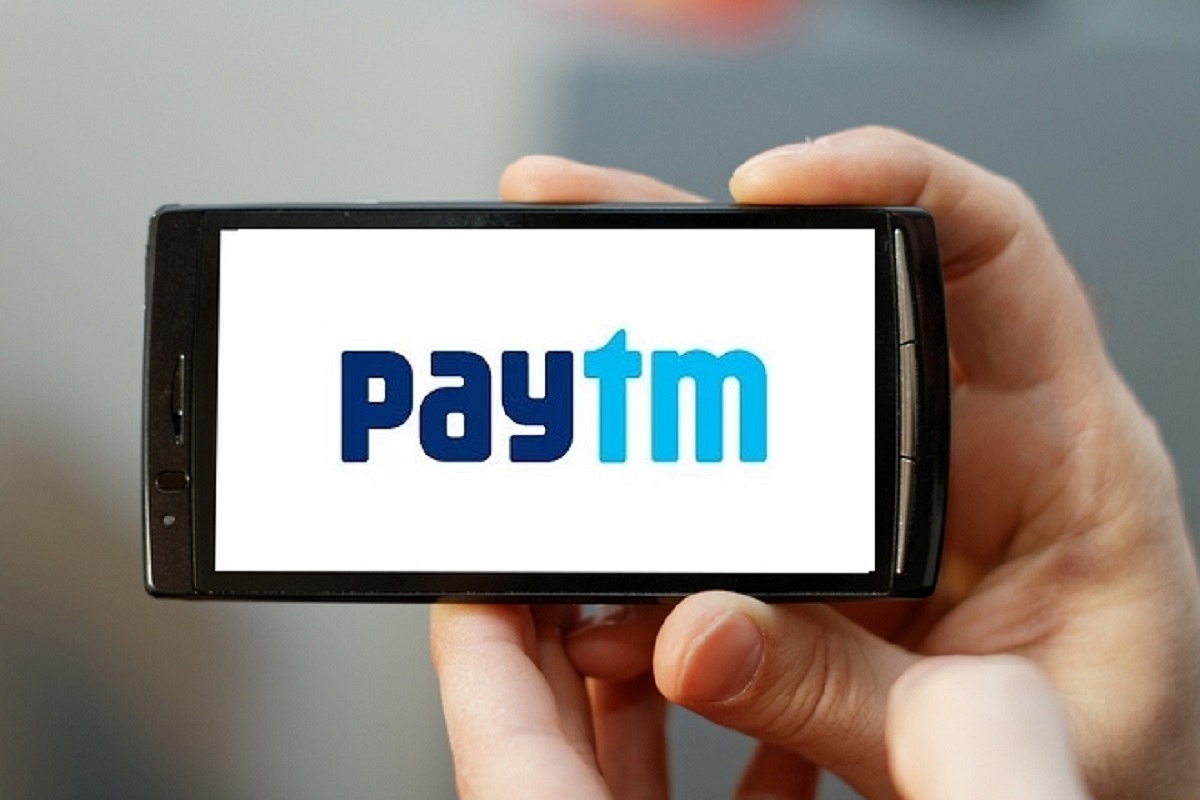Business
Why Has Paytm’s Buyback Attracted Investor Wariness?
- Paytm is currently neither profitable on an accounting basis, nor on an operating cash flow basis.
- While proxy firms have criticised Paytm’s moves, brokers remain optimistic about the stock, with eight out of twelve analysts asking investors to buy into the company.

Paytm (Representative Image)
On 8 December, One97 Communications' board of directors announced a proposal for the buyback of shares.
According to Paytm’s board, the decision was made looking at the company’s liquidity position. The shares had surged five per cent after the announcement but since then, the shares have declined by seven per cent.
Usually, investors view buybacks positively since the company returns excess cash back to the rightful owners, that is, the shareholders. However, the decline in price indicates scepticism about the move’s actual intentions.
When Do Buybacks Make Sense?
A buyback primarily is a tax-efficient route of returning excess money to shareholders. Each company requires cash for capital expenditure, working capital requirements, and contingency needs. Beyond these needs, hoarding cash is not value-accretive for shareholders.
Rather than having the cash simply lie around in bank accounts and collect anywhere between zero to seven per cent interest, companies return cash to shareholders by way of dividends or buybacks. Hence, these buybacks are value accretive for shareholders.
However, the key term here is “excess cash”. As a loss-making, cash-burning company that had raised money from investors just a year earlier, investors are probably sceptical that Paytm might not really have “excess cash” to buy back stock from shareholders.
Companies that are cash flow machines, usually have the luxury of enriching shareholders by returning cash profits — Paytm is neither profitable on an accounting basis, nor on an operating cash flow basis.
During its Initial Public Offering (IPO), Paytm raised around Rs 8,300 crore from investors by issuing fresh equity. The buyback would see around Rs 850 crore return to investors, implying that more than 10 per cent of the funds that were raised are being returned to shareholders.
According to Morgan Stanley, the total outlay would reach Rs 1,050, including the applicable taxes. The IPO itself had received flak for pricing, but Paytm’s move of returning funds within a year has raised more questions.
“The management believes that given the company’s prevailing liquidity and financial position, a buyback may be beneficial for our shareholders,” Paytm said in its buyback announcement.
Is Paytm’s Buyback Really a Positive for Shareholders?
Proxy advisory firms Shareholder Empowerment Services (SES) and Institutional Investor Advisory Services (IIAS) have not been comfortable with the move.
“The company is achieving two objectives in one stroke — avoiding selling pressure and giving a window to pre-IPO investors to sell and avoid capital gain, as also using the proceeds to buy from the market at the current rate, thus making their new transaction as tax neutral, having pocketed gains, and creating additional demand,” an SES report said.
Are Managements Trying to Manage the Stock Price?
New-age technology companies have seen their share prices drop significantly, and now both Paytm and Nykaa have faced allegations of using manoeuvres to keep their stock from falling.
While Nykaa faced flak after it issued bonus shares to shareholders, which coincided with its CFO quitting, Paytm has received flak for its buyback move.
Paytm, which is seen as a growth stock, could have lesser cash available for investment in growth opportunities, a point that the company has refuted.
The space is already highly competitive with multiple fin-tech companies vying for the pie.
India’s largest conglomerate Reliance has entered the space with Jio Financial Services. Jio already has a super-app of sorts with MyJio and 41.4 per cent of India’s mobile phone users have a Jio sim — giving Jio easy access to users.
Nevertheless, Paytm believes that it has enough cash to fund its growth. However, the pressure to be profitable also means that it has had to reduce cash-backs, discounts and other marketing exercises to gain customers.
Analysts and the investor community believe that Paytm can only become profitable if it lends on its own books, rather than acting as a partner for lenders.
So far, BharatePe is the only prominent fin-tech that has been able to get a banking license. While proxy firms have criticised Paytm’s moves, brokers remain optimistic about the stock, with eight out of twelve analysts asking investors to buy into the company.
Support Swarajya's 50 Ground Reports Project & Sponsor A Story
Every general election Swarajya does a 50 ground reports project.
Aimed only at serious readers and those who appreciate the nuances of political undercurrents, the project provides a sense of India's electoral landscape. As you know, these reports are produced after considerable investment of travel, time and effort on the ground.
This time too we've kicked off the project in style and have covered over 30 constituencies already. If you're someone who appreciates such work and have enjoyed our coverage please consider sponsoring a ground report for just Rs 2999 to Rs 19,999 - it goes a long way in helping us produce more quality reportage.
You can also back this project by becoming a subscriber for as little as Rs 999 - so do click on this links and choose a plan that suits you and back us.
Click below to contribute.
Latest